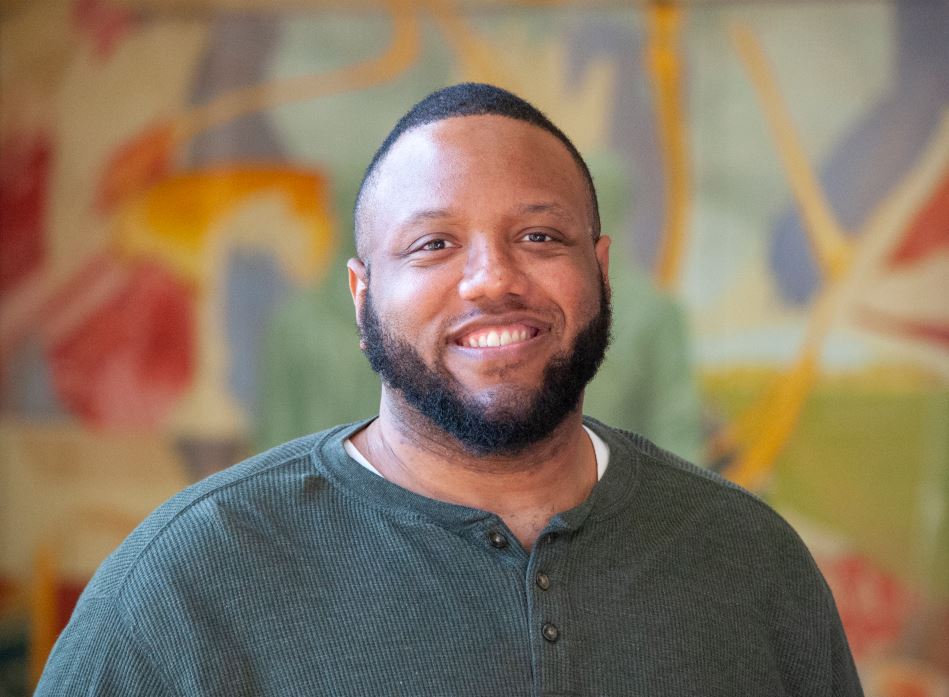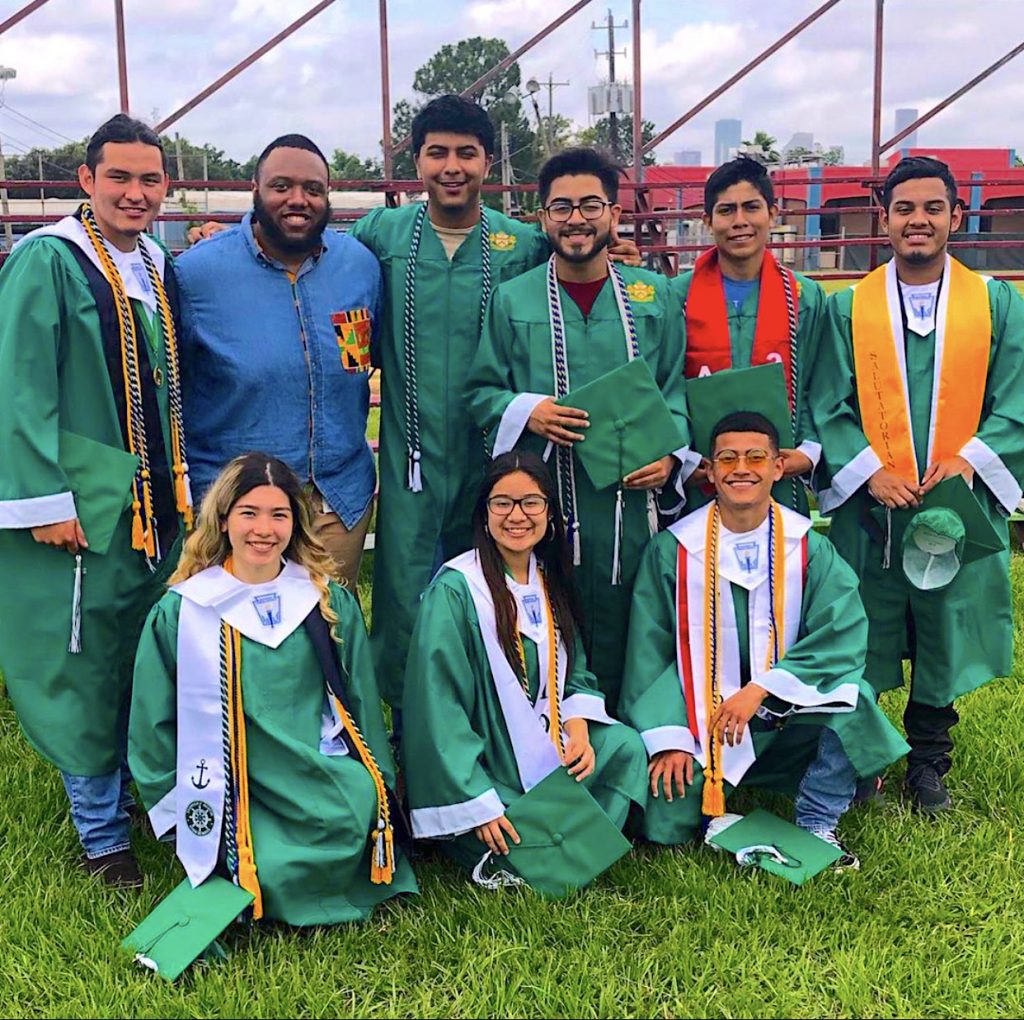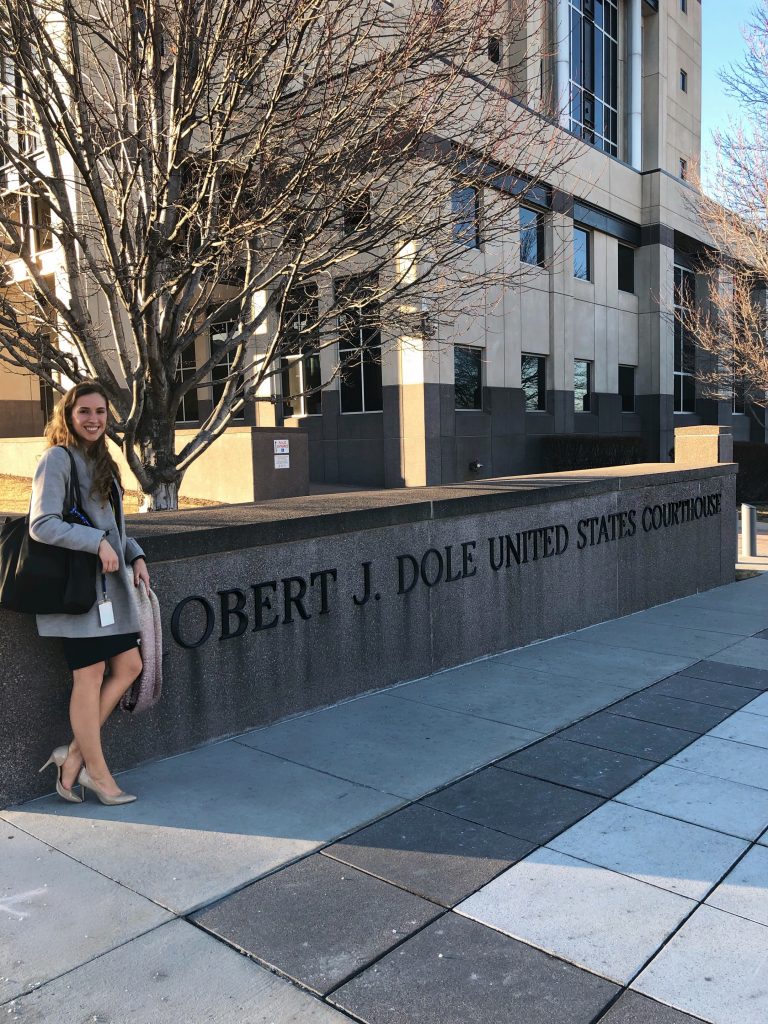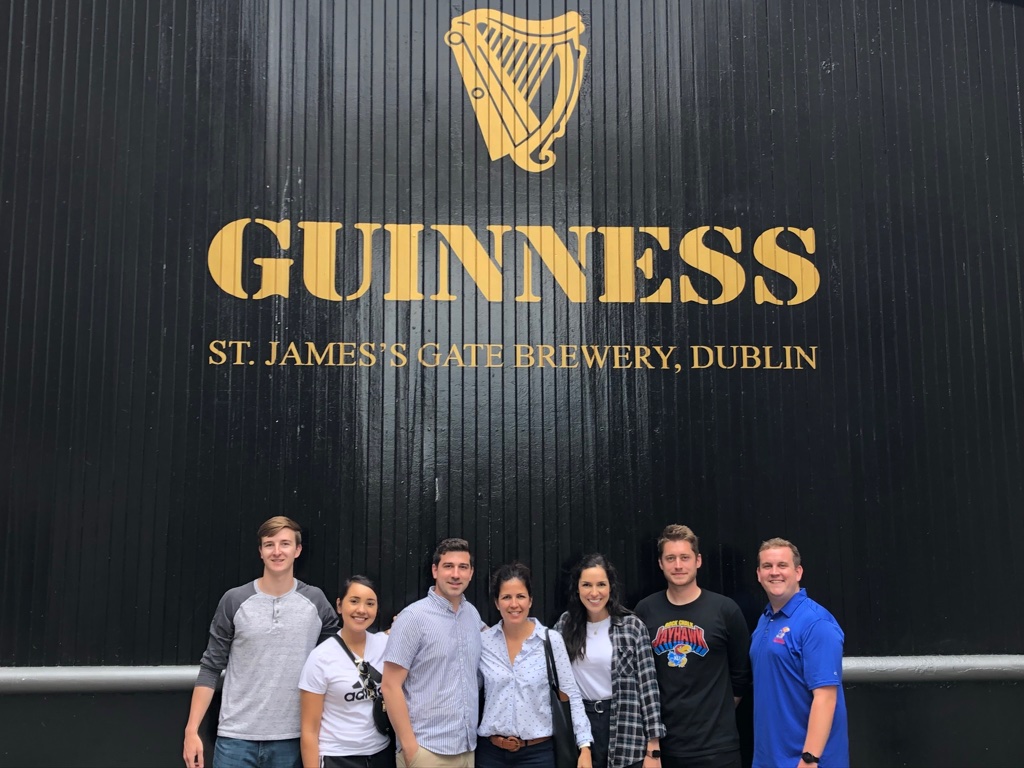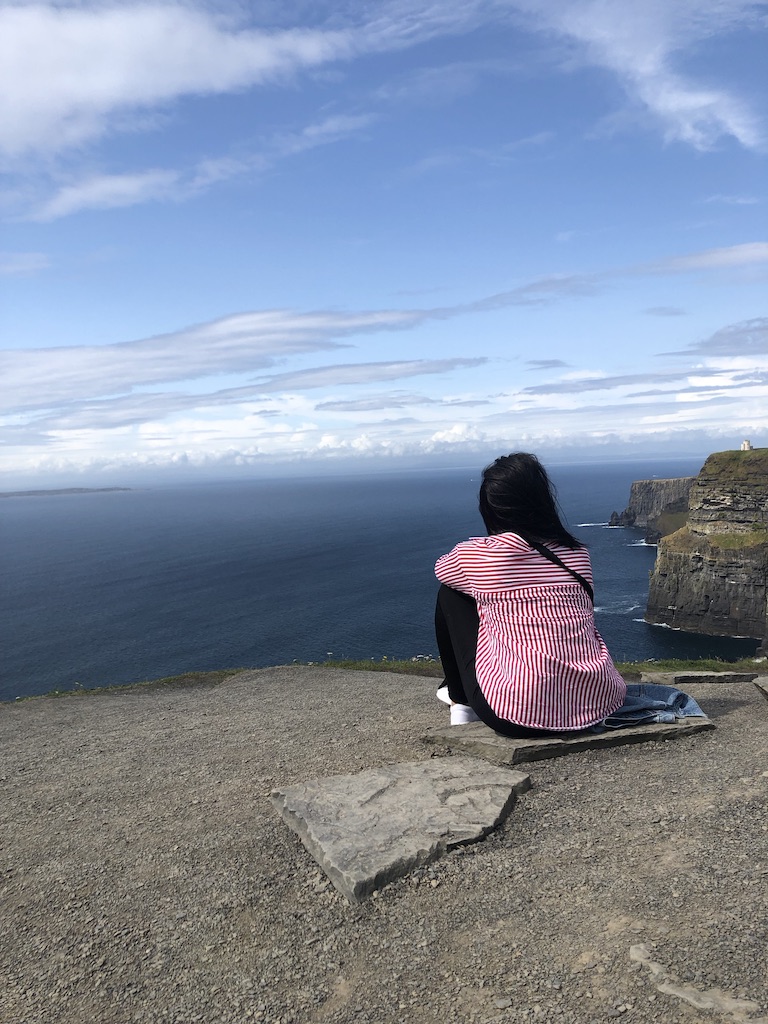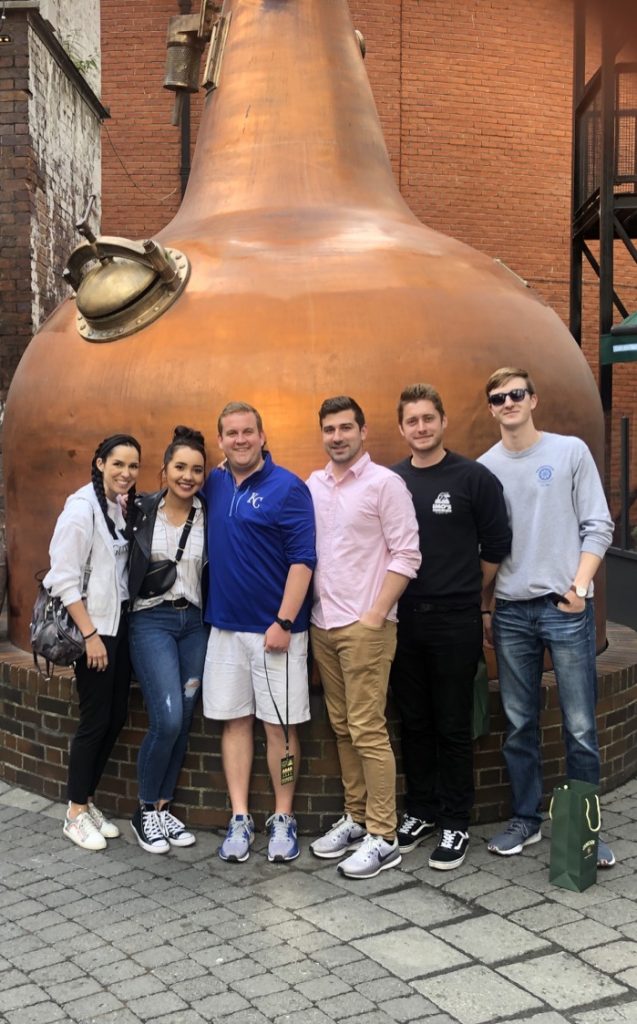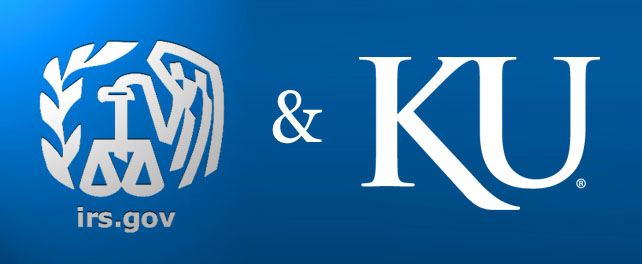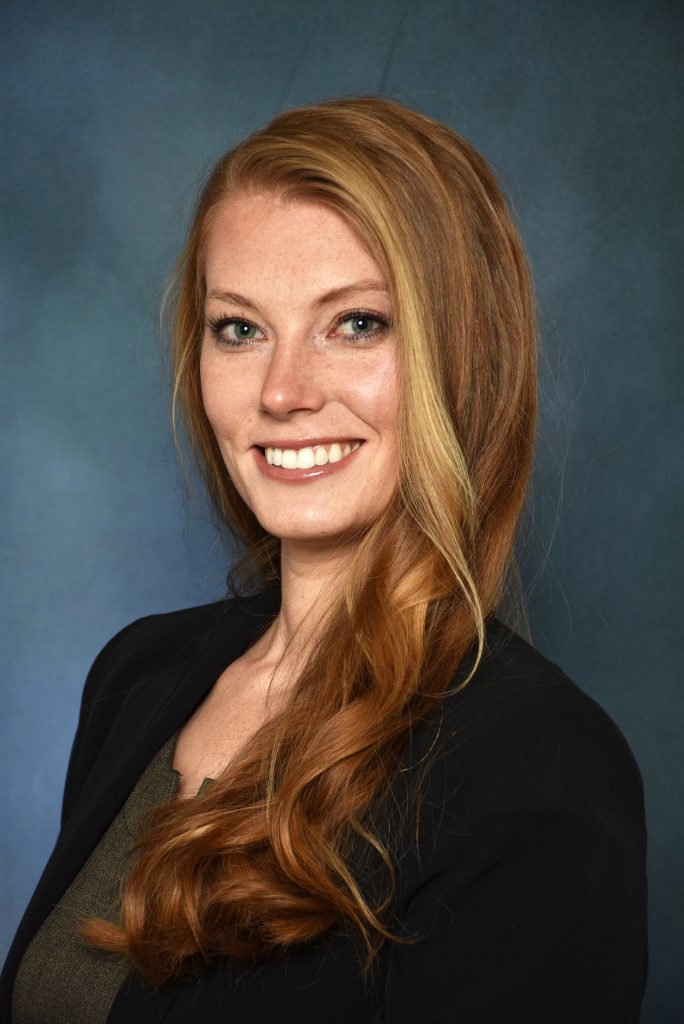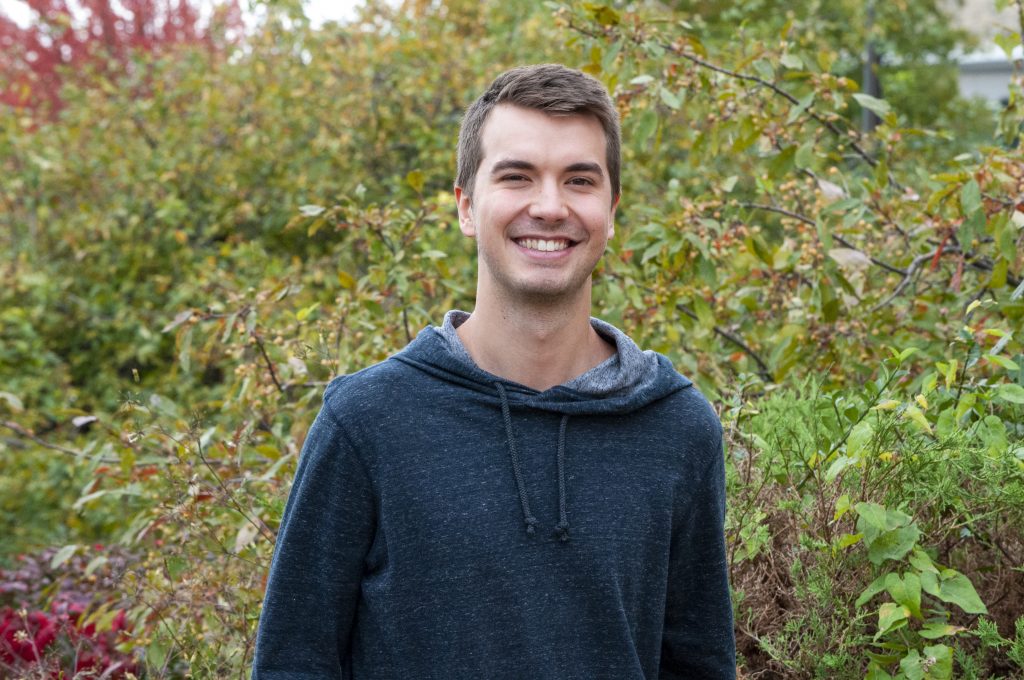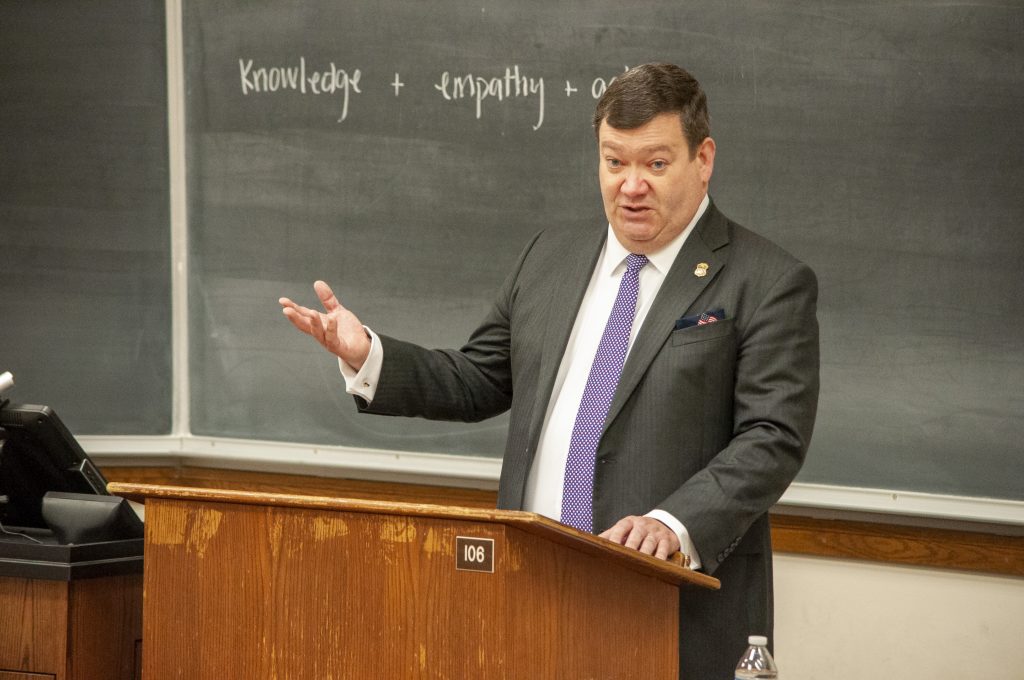
A new semester in Green Hall means new diversity and inclusion initiatives from the Dean’s Diversity Leadership Council (DDLC) and the Faculty and Staff Diversity, Equity and Inclusion (DEI) Committee.
The DDLC started the semester with a lunch program where U.S. Attorney for the District of Kansas Stephen McAllister, L’88, spoke about acknowledging his white privilege and the work we all need to do as we strive to make the legal profession a more inclusive environment. There was also a Q&A portion that allowed students, staff and faculty to engage in a discussion both about McAllister’s experiences and the diversity, equity and inclusion work still to be done in the legal profession. McAllister is the E.S. & Tom W. Hampton Distinguished Professor of Law at KU Law.
The DDLC and DEI Committee are also hosting a three-part series on compassionate and non-violent communication skills, which will be led by Dr. D.A. Graham — the University Ombudsperson. The series will run over the lunch hours on Wednesday, Feb. 26, March 18 and April 8. Each session in the series will be crafted to be informative and practical, in the hopes of providing students, faculty and staff with the tools necessary to engage in challenging discussions surrounding diversity, equity and inclusion outside of DDLC and DEI Committee events. Check the KU Law website calendar for more specific information on each session closer to the session date.
The DDLC is also excited to build connections between the Alumni Diversity Advisory Council and the current student body. The Council is made up of diverse KU Law attorneys who practice in a range of areas of law and who have knowledge about navigating topics of diversity and inclusion in the legal profession. Keep an eye out for upcoming collaborative events between the DDLC and the Council.
As we mentioned in our fall semester wrap-up blog, the DDLC and DEI Committee are truly excited about the consistent engagement and support we’ve received. We want to encourage members of the KU Law community to engage with us even further by contacting the DDLC with any diversity, equity and inclusion events, policies, etc. that you would like to see at Green Hall. We also welcome any feedback on our previous events and policy initiatives. Please feel free to reach out to the DDLC as a whole at ddlc@googlegroups.com, or to any individual member, whose information and email can be found here.
— By Delaney Hiegert, a 2L from Topeka and member of the Dean’s Diversity Leadership Council
